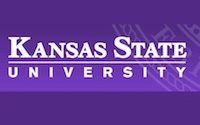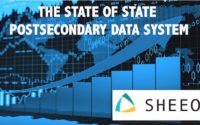
“I don’t conversate with those I don’t know”: The role of trust/distrust in online engagement
Digital spaces are populated by youth who navigate, consume, create, and distribute information through their participation as designers, contributors, respondents, and distributors. A key prerequisite to collaboration, participation and distributed knowledge is trust. The literature informs us that the creation of trust involves several variables: the individual, their experiences, familiarity, and the environment (online, offline, […]















